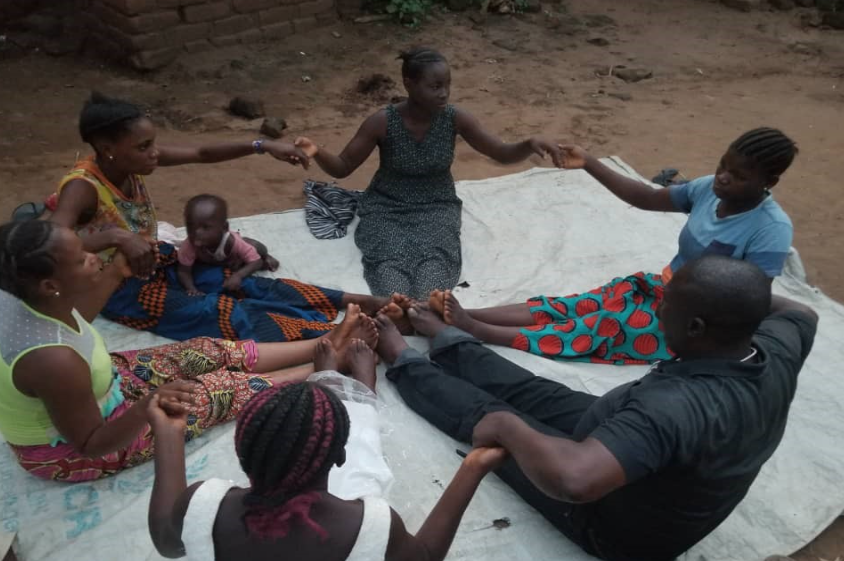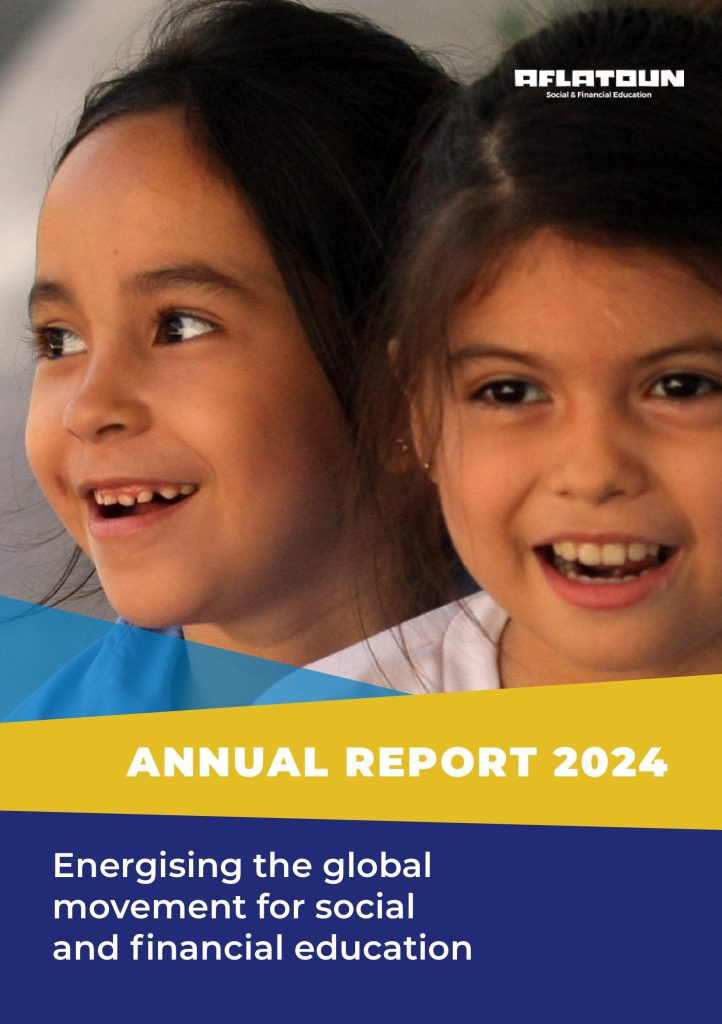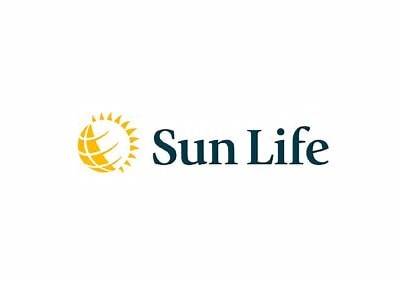Solidarités de femmes, filles et enfants de la RDC pour le développement, or Solifede RDC, has been working for 13 years in the Democratic Republic of the Congo to promote the socio-economic wellbeing, and rights of women, girls and children.
They are focused on promoting education to combat ignorance and poverty, raising awareness amongst communities on the root causes of socio-economic underdevelopment by establishing both formal and informal education centres.
They also implement multi-disciplinary projects promoting sustainable community development including agricultural entrepreneurship, technology literacy, community and reproductive health, as well as education around sustainability and local governance.
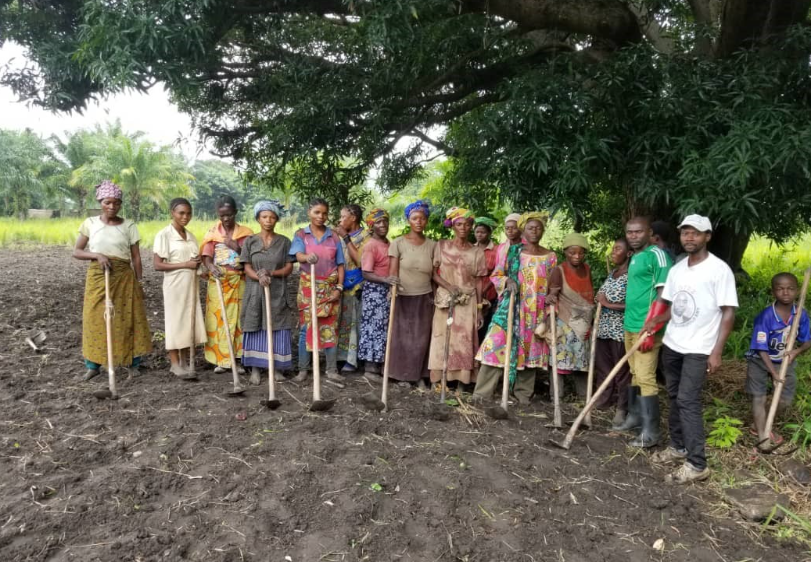
Our Partnership
Aflatoun started partnering with Solifede RDC in November 2020.
The organisation is implementing the Aflateen+ and AflaYouth programmes. Aflateen+ is designed for adolescents and young adults aged 14 to 18, offering a comprehensive education that focuses on developing life skills, self-confidence, and social responsibility. AflaYouth is targeted at older youth, typically aged 18 to 24, particularly those transitioning into the workforce. This programme aims to equip them with the skills needed for successful employment and entrepreneurship.
They are implementing programmes with local partners in the Fizi and Uvira regions, the South Kivu, Maniema, Tanganyika and Lualaba provinces, and at the national level.
The organisation is providing training for local partners and trainers, and working with local government, educational institutions, and informal groups on implementing social and financial education.
They believe it is crucial for young people to develop social and financial skills. Their partnership with Aflatoun brings valuable expertise and internationally recognised curricula to the organisation. The organisation finds the combination of social and financial skills, alongside the promotion of financial and entrepreneurial behaviours among beneficiaries, particularly inspiring.
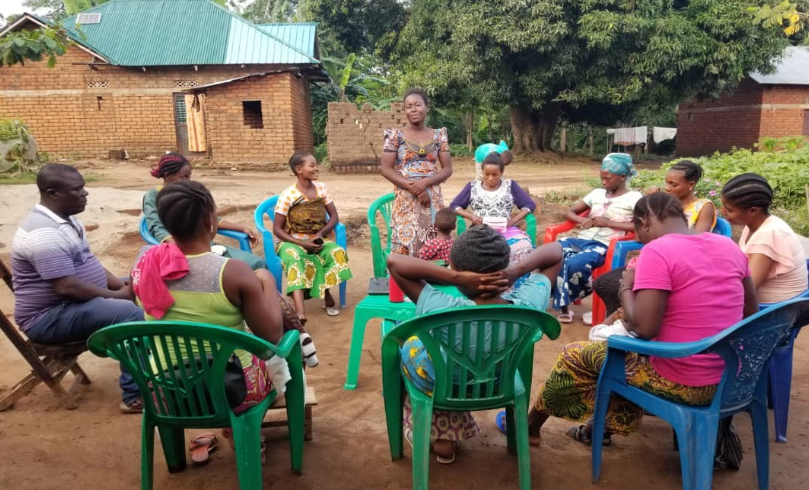
Since they began, over 40 school officers in their intervention communities have been sensitised on social and financial education, with more than ten schools benefiting from the preparatory sensitisation in this area. In the coming weeks, they will further develop their intervention in this field.
